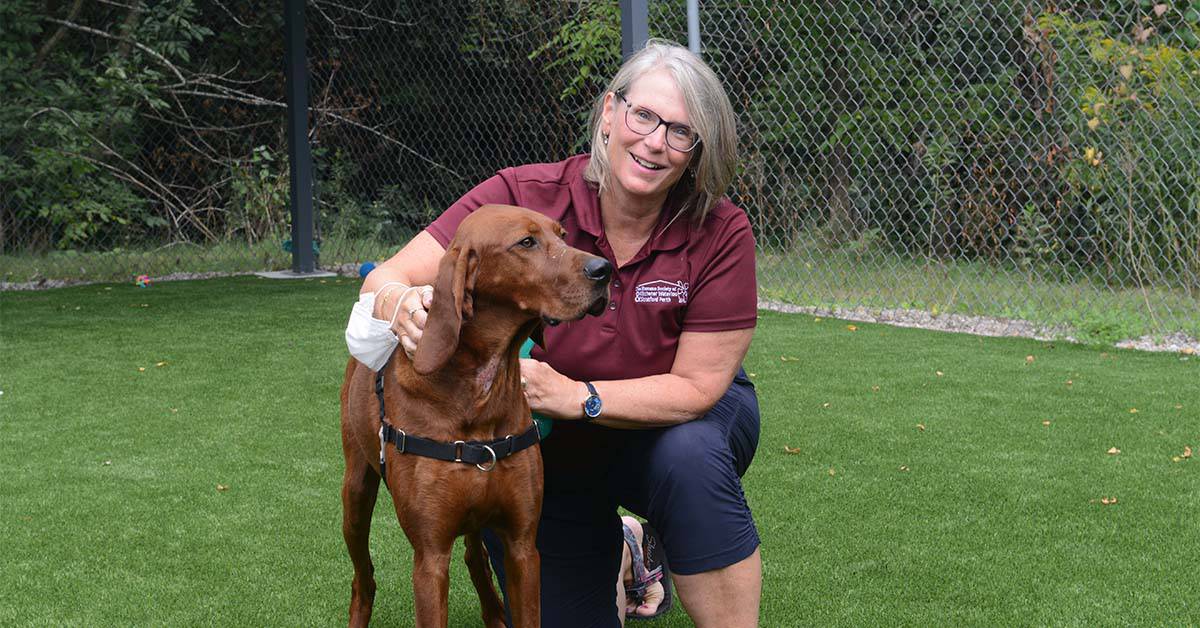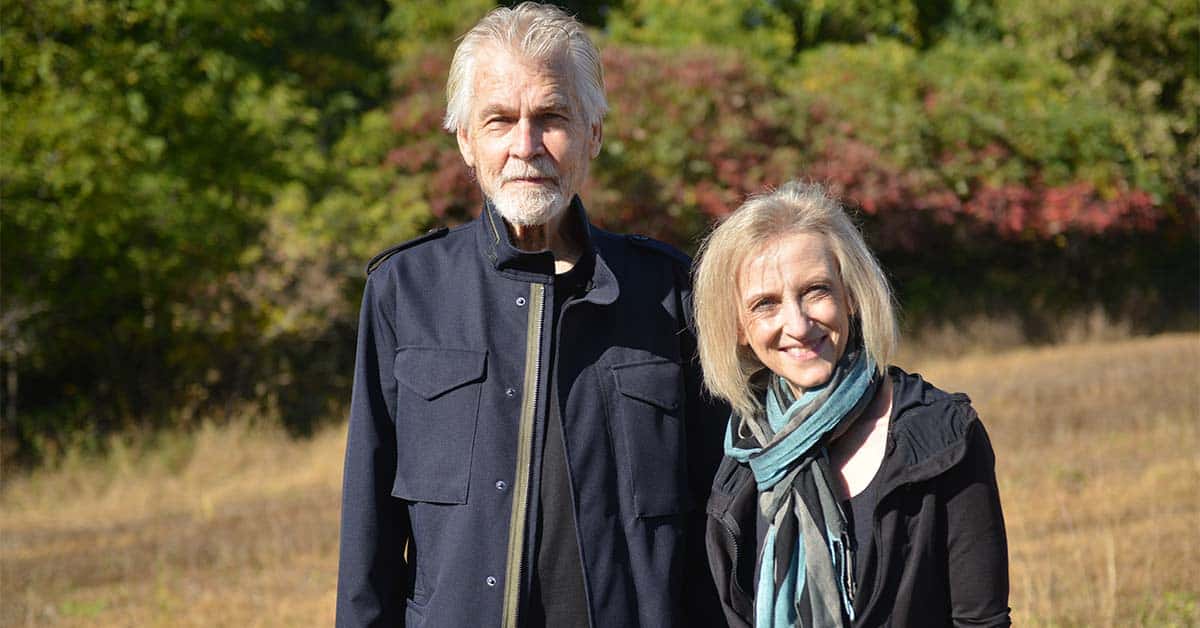In being accredited by Imagine Canada this summer, Kitchener-Waterloo and Stratford-Perth Humane Society became only the second such organization in the country to be so recognized.
Imagine Canada, which works to strengthen charities and non-profits, created its standards program to promote credibility and donor confidence in the sector. To earn the accreditation trustmark, organizations must demonstrate excellence in five areas: board governance; financial accountability and transparency; fundraising; staff management; and volunteer involvement.
“Imagine Canada does a lot of work with charities. Ultimately, their mission is to help strengthen Canadian charities and nonprofits so that we better serve our communities. So with that, it really helps to show the community that we are utilizing best practices. When we talk about best practices, that’s things like being very transparent, making sure that donors know how we’re using the money that they give us, making sure we’re a place that individuals want to come and volunteer and work at, as well as it ensures that all of our policies and processes are in place to really be the best that we can be,” explained Kathrin Delutis, CEO of Kitchener-Waterloo and Stratford-Perth Humane Society.
“Many businesses or for-profit organizations go through a continuous quality improvement program, and so that’s just what this is specific to charities. For us, it was really important because we want the community to know that we valued their support. We want them to continue to support us and this is one way that we can show them that we are worthy of their support.”
To prepare for accreditation, the organization went about documenting its adherence to the best practices outlined by Imagine Canada.
“We’re very fortunate we had many of those processes in place – we were doing some great work, but we didn’t necessarily have it documented the way that it should be and ultimately is today. It helped us to revisit that, to ensure that we’ve documented everything. It also provided us an opportunity to look at ways other great charities do their work,” said Delutis of the experience.
“The biggest area that we had that we needed to do a little more work on was around risk management, and the pandemic is a really good example of making sure that you’re prepared for everything. It really helped us to go back and look at areas that we may not have spent as much attention on around policies and processes, as we would have when it comes specifically to the day to day operations of running the shelter and taking care of the animals. It really helped us to focus on making sure that our best practices were in place, and that we are able to really provide the community, a topnotch service as a charity,” she added.









